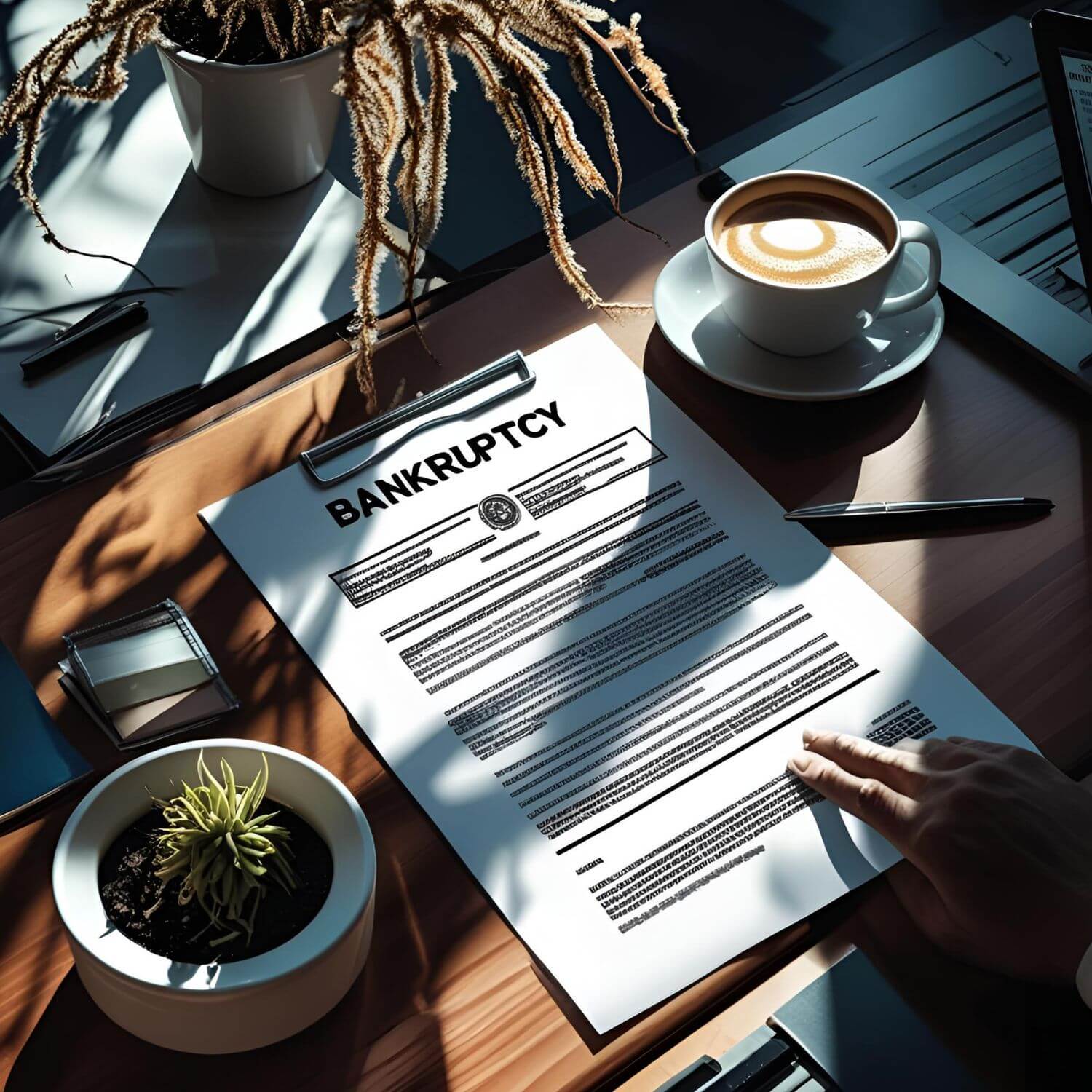Confused or Overwhelmed by Bankruptcy?

What is Bankruptcy?
What Are The Alternatives to Bankruptcy?
Debt Repayment Scheme (DRS)
Court-supervised plan for debts under S$150,000 with no bankruptcy record.
Voluntary Arrangement (VA)
Private agreement with creditors to restructure and reduce debts.
Debt Consolidation Plan (DCP)
Combine unsecured debts into one manageable loan with lower interest.
Creditor Negotiation
We help negotiate flexible, confidential repayment terms on your behalf.
Asset Liquidation or Restructuring
Strategically manage or sell assets to settle debts legally and avoid court action.
Key Restrictions for Bankrupt Individuals in Singapore
- Monthly Contributions: You must make monthly payments based on your income and living expenses. These funds are managed by the Official Assignee and go toward repaying your creditors.
- Travel Restrictions: You cannot leave Singapore without approval from the Official Assignee.
- Business & Employment: You are barred from managing a business or becoming a company director without court permission.
- Credit Access: You must disclose your bankruptcy status when applying for credit over S$1,000.
Why Choose Us
How to File for Bankruptcy in Singapore
1. Eligibility Check
You must owe $15,000 or more and be unable to repay. We help evaluate your case discreetly.
2. Documents Preparation
We assist with compiling creditor lists, income statements, and required affidavits.
3. Submit Application
File via eLitigation or State Courts. We handle the process and paperwork for you. *Fees include a $1,850 deposit to the Official Assignee and court filing fees
4. Court Hearing
We represent you in court and guide you through every step.
5. Bankruptcy Order & Discharge
The Official Assignee will manage your case. We help you work toward early discharge.
Our Reviews
Our Lawyers
Frequently Asked Questions
Who is an Official Assignee in Singapore?
What are my restrictions as a bankrupt individual in Singapore?
How can I get out of bankruptcy?
How long must I remain bankrupt?
What happens if half my creditors still object to me being discharged from bankruptcy?
How long does bankruptcy stay on my record?
How can I apply to be a discharged bankrupt?
As bankrupt, can my past creditors still sue me?
What happens to my belongings when I become bankrupt?
- Any property you’re holding on trust
- Items necessary for your job (including tools, books, your car)
- Items necessary for your satisfying your “basic domestic needs” (this includes clothing, furniture, and yes, your HDB home)
- Your income (after payment of your monthly contribution)
- Any bonus or annual wage supplement as a part of your income
- Your property which is excluded under any other written law.
- Items that you will have to give up, however, include investments, bank accounts, and insurance policies, for instance.
Can I get a credit card if I go bankrupt?
Can I travel overseas?
General Disclaimer
Any reference to bankruptcy is made in accordance with the applicable laws in Singapore, including but not limited to the Insolvency, Restructuring and Dissolution Act 2018 (IRDA) and related subsidiary legislation. The procedures, timelines, and rights of creditors and debtors may vary depending on the nature of the debt, the parties involved, and orders made by the court.










